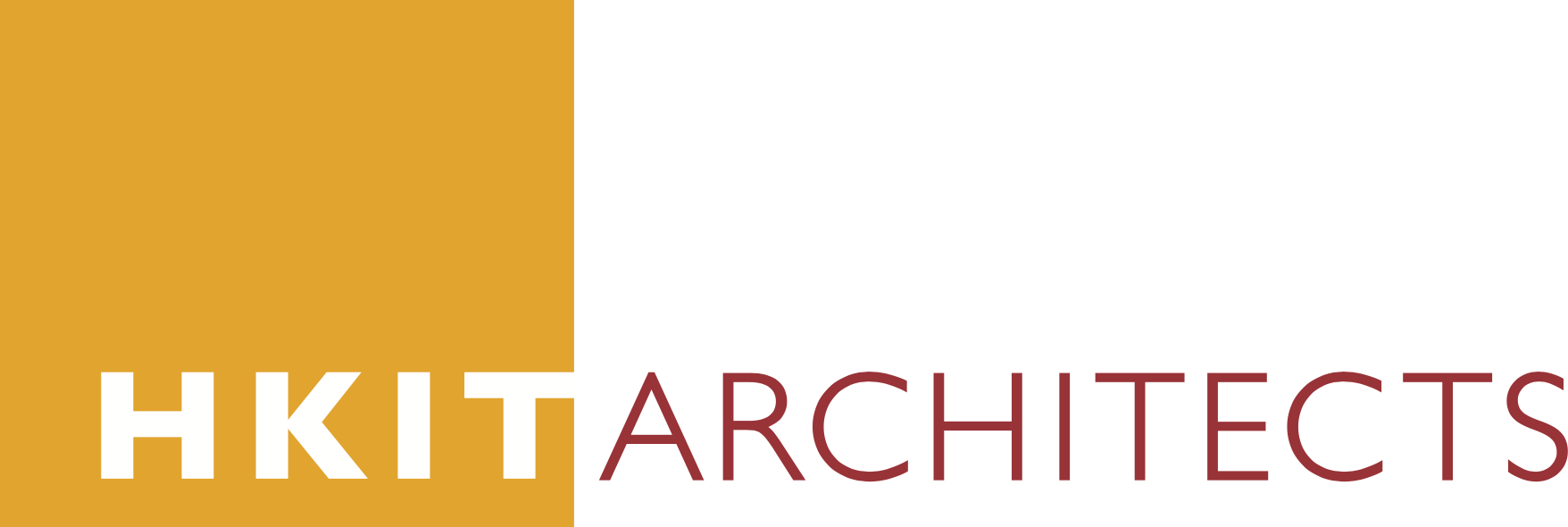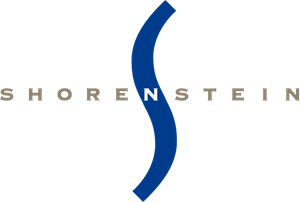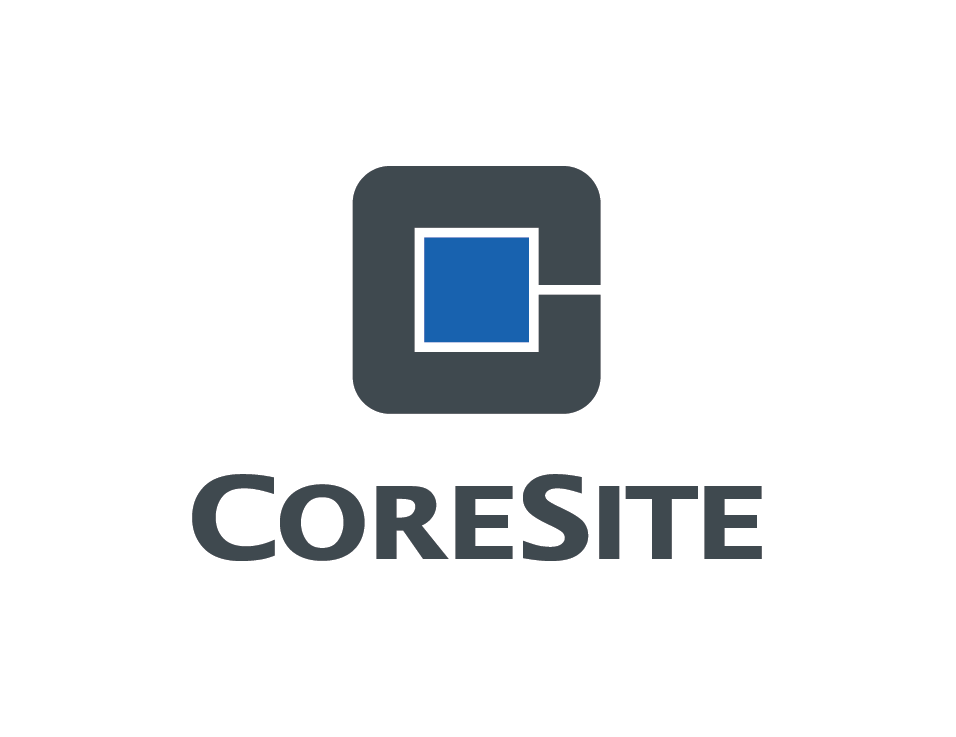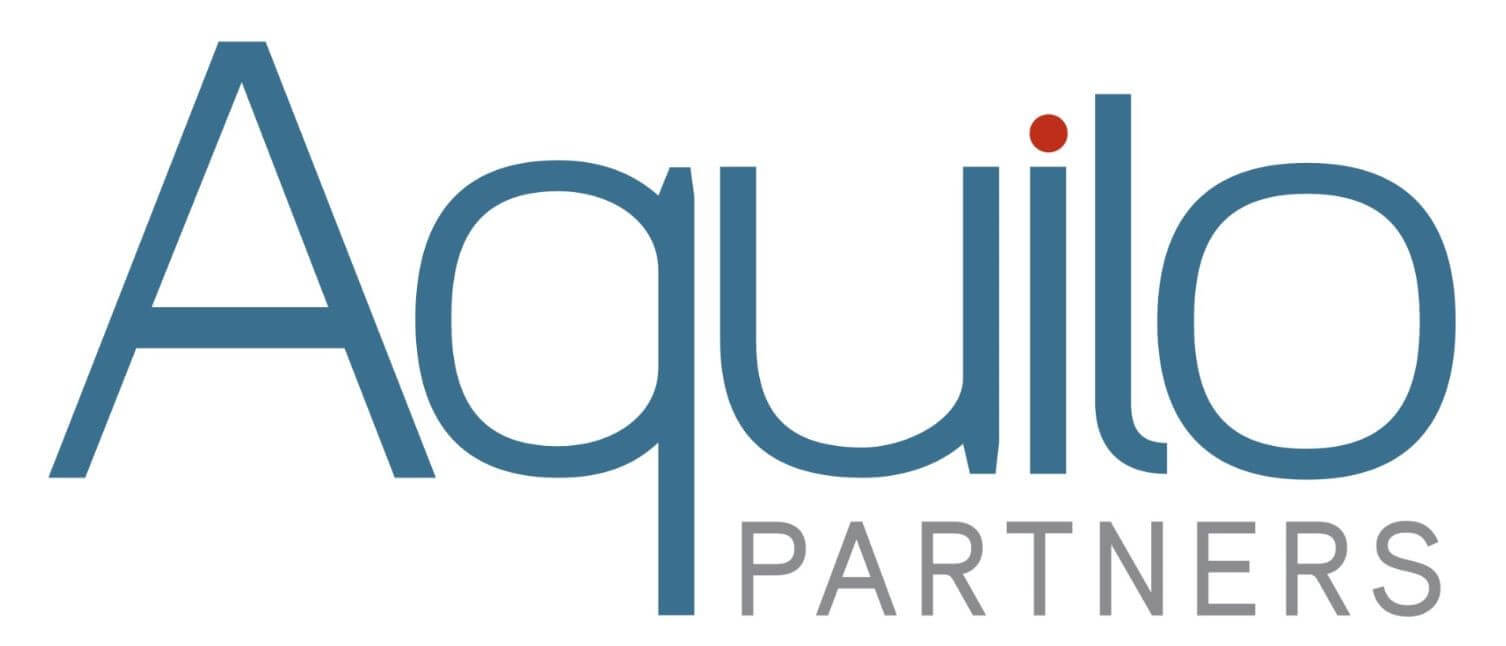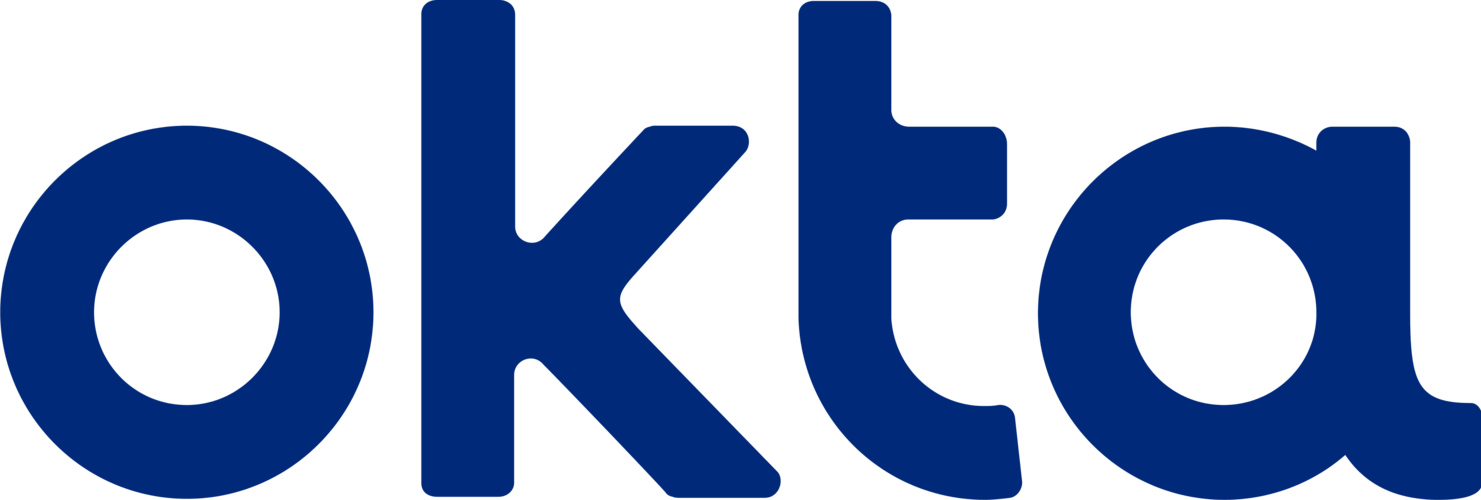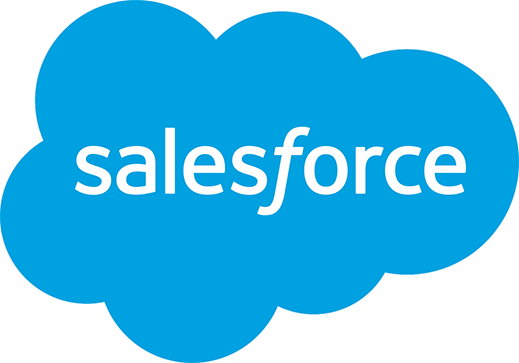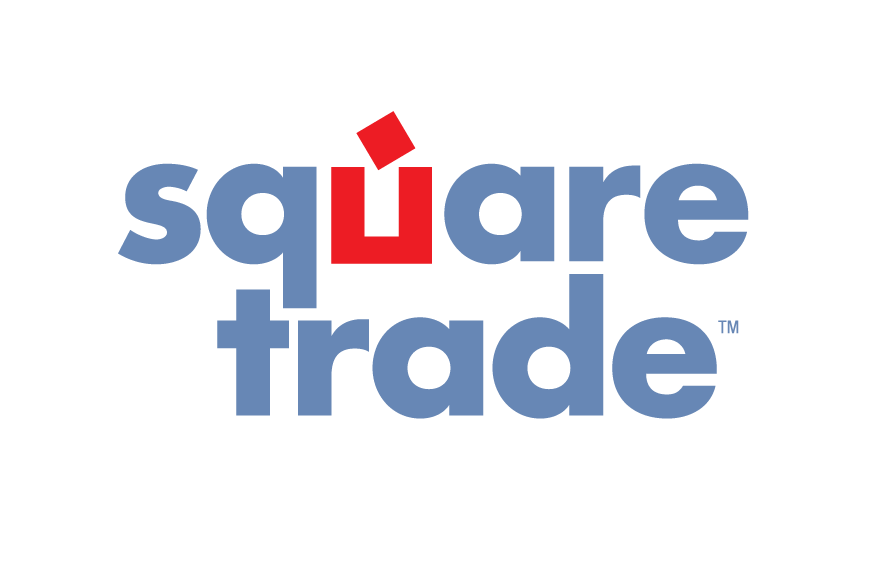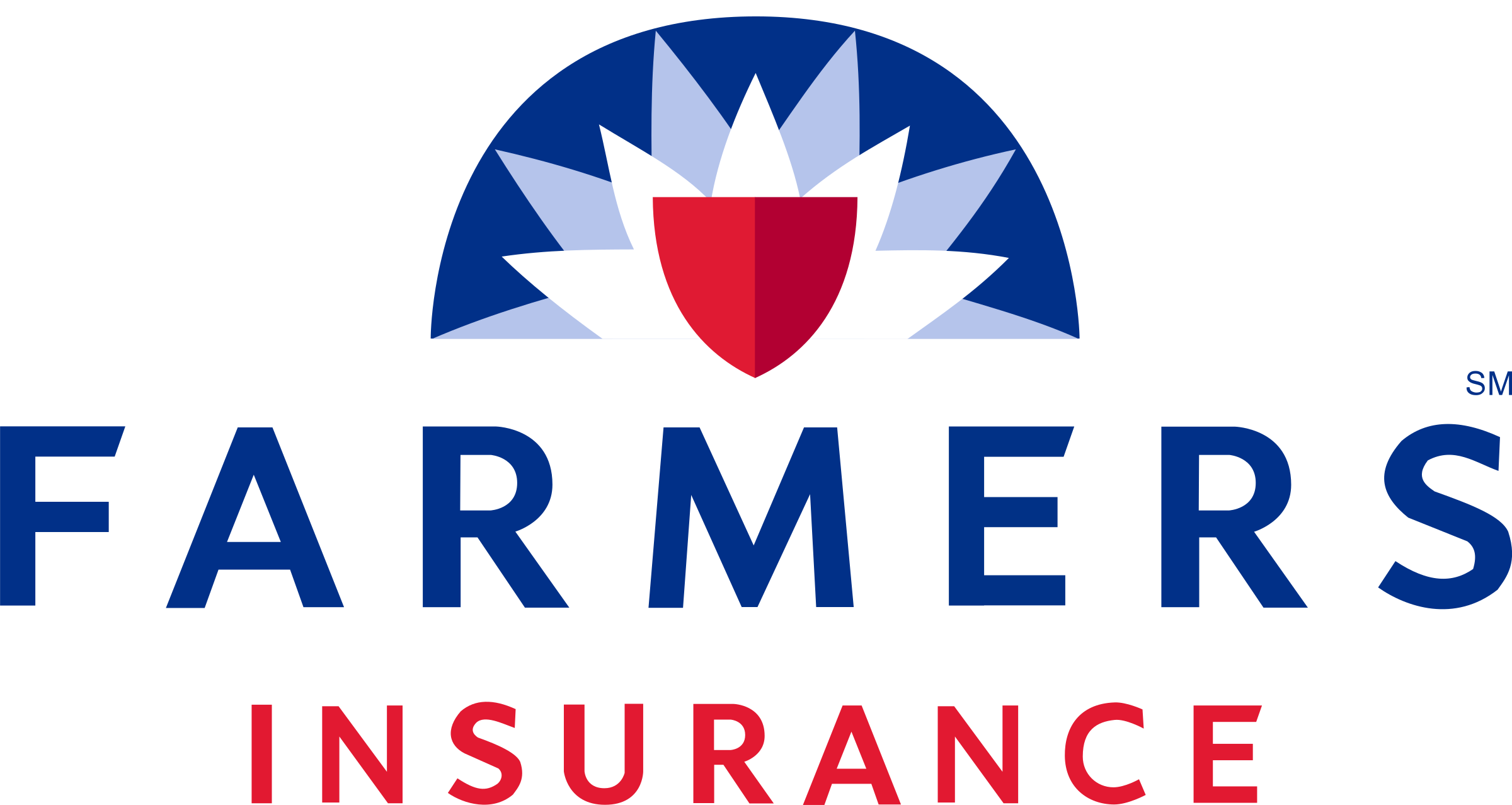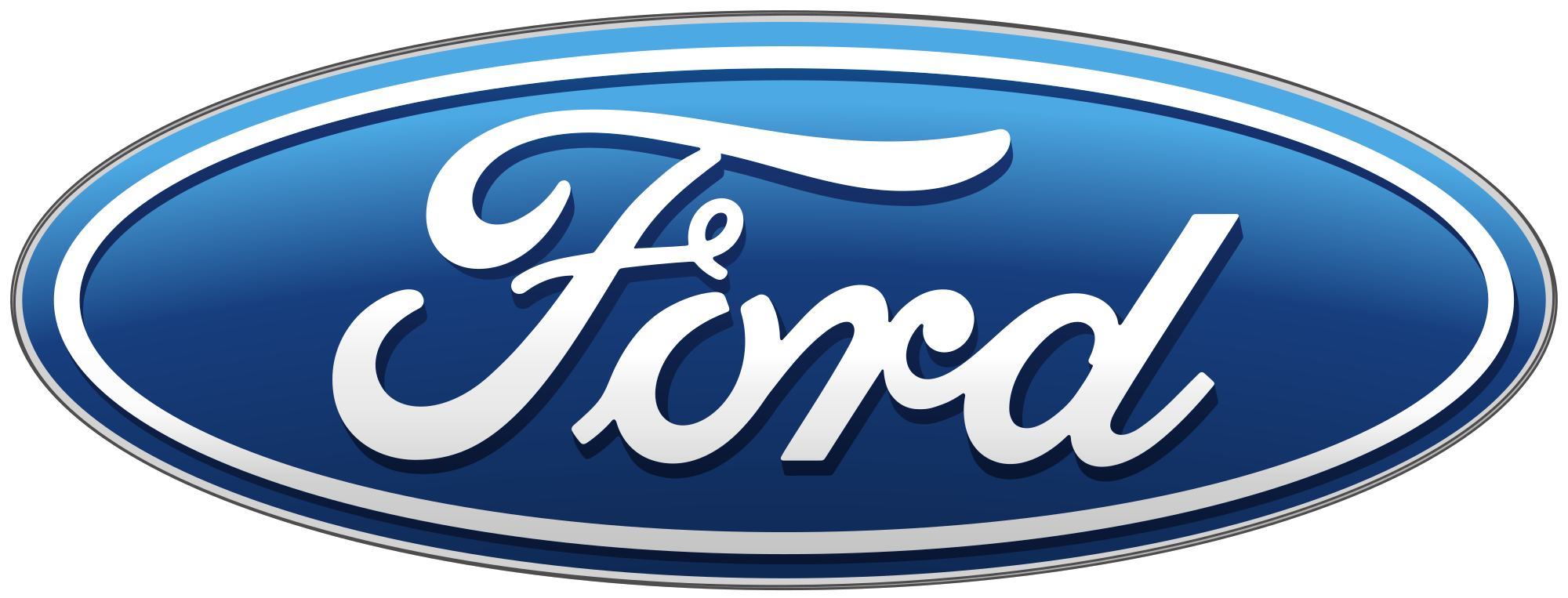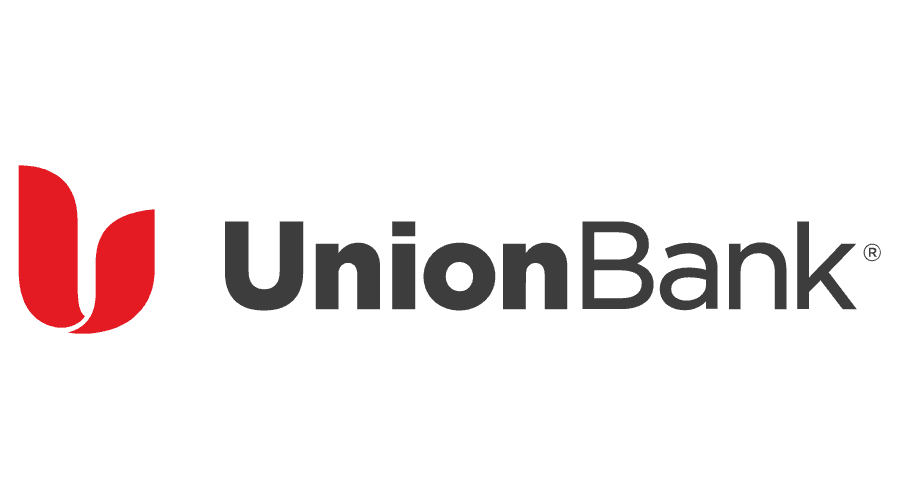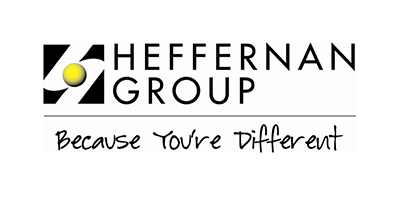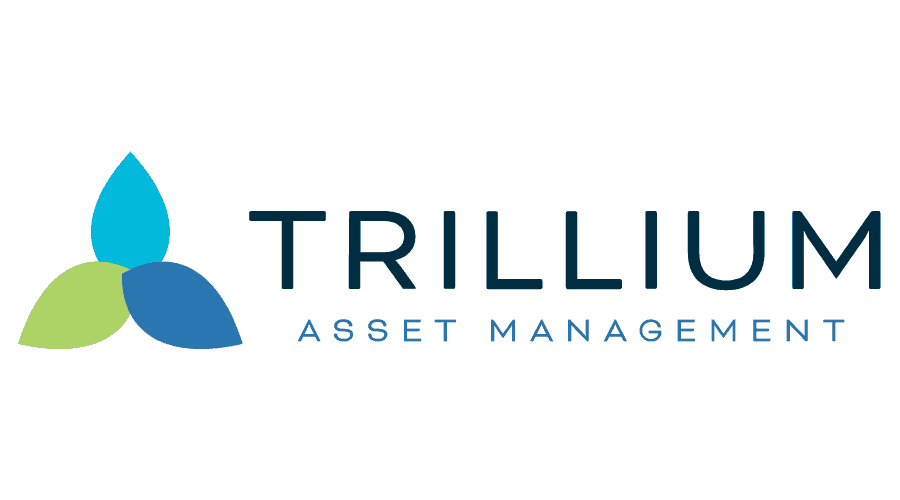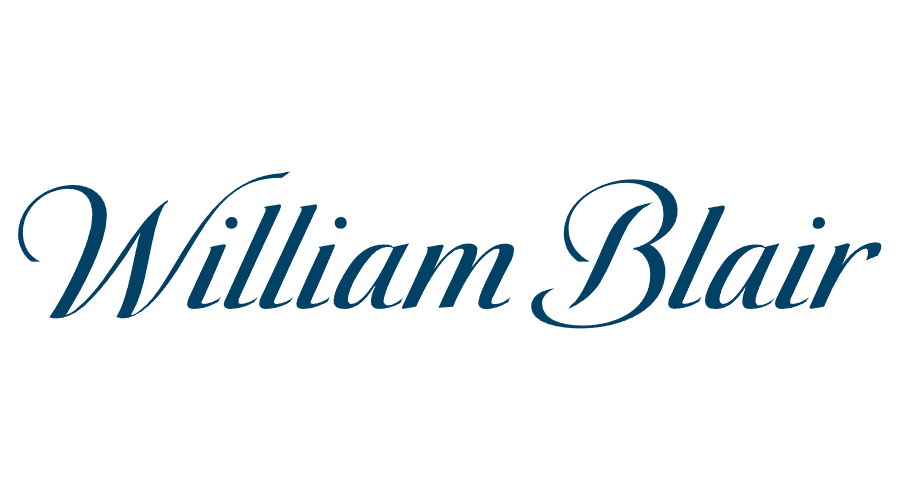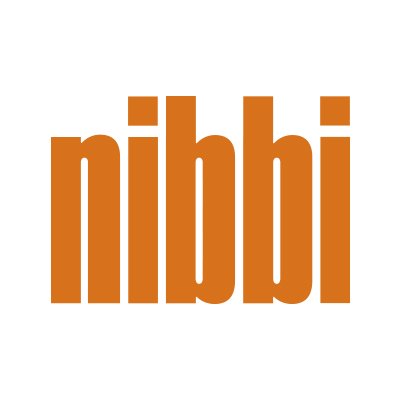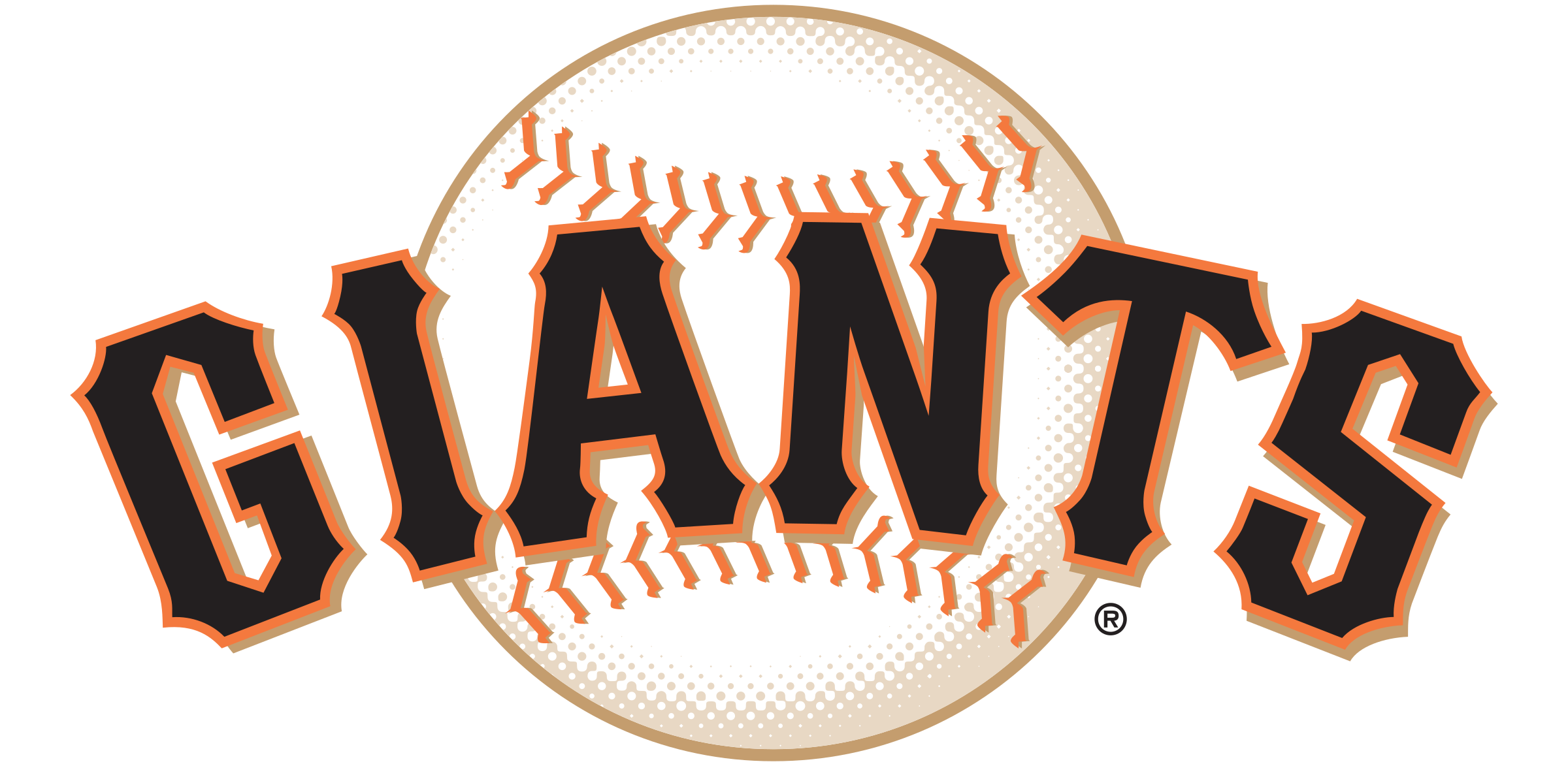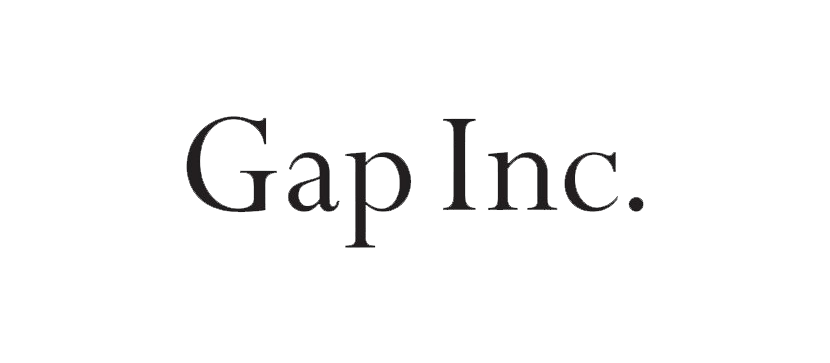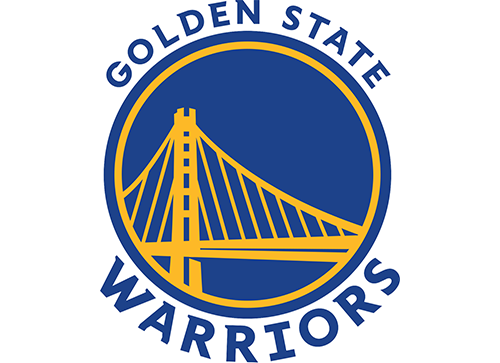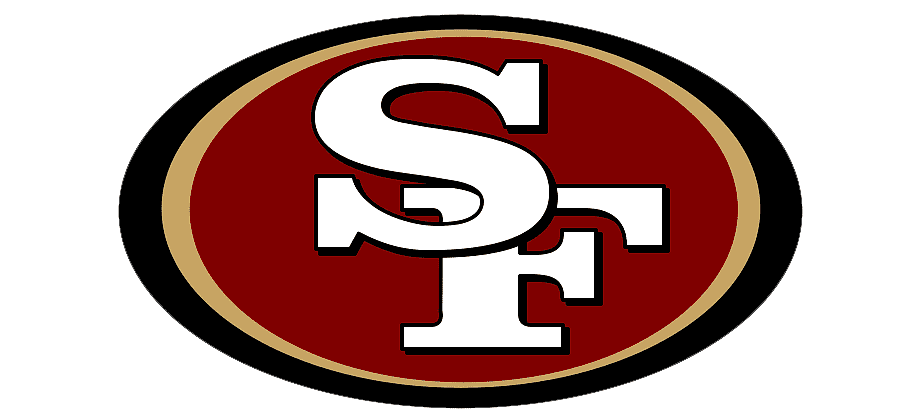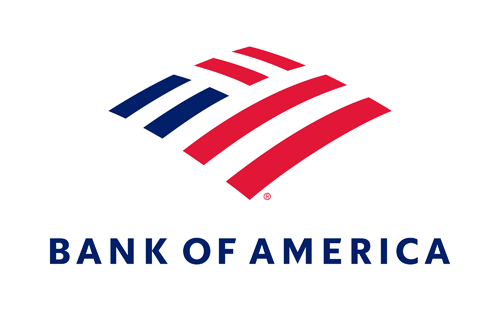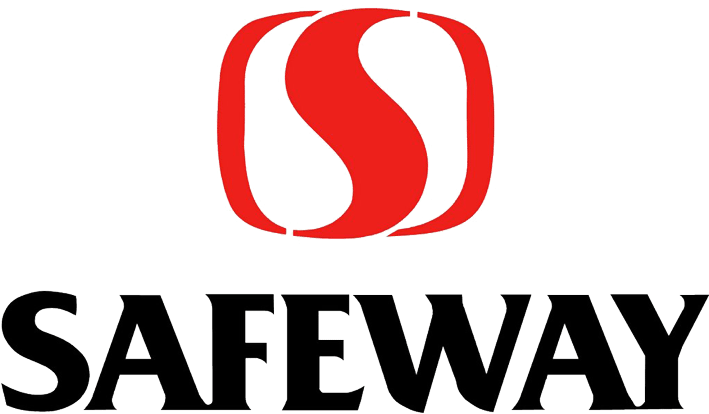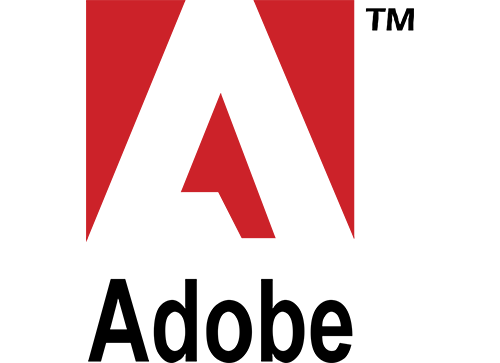St. Anthony’s Community Safety Services Team: Making the Streets Safer with Kindness
June 27, 2023
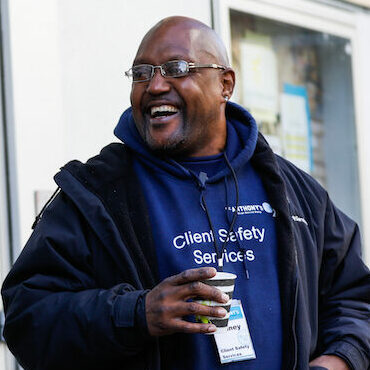
If you walk on the streets of the Tenderloin, you’ll notice men and women in hoodies and jackets inscribed with “Community Safety Services” and a St. Anthony Foundation logo. At one moment, they might be directing someone to a free meal in the neighborhood. At another, they could be guarding bundles with someone’s life possessions in the courtyard of St. Boniface Church, as their owners sleep on the pews inside. You’ll see these men and women cleaning up trash on the sidewalks, chatting with passersby, de-escalating altercations, helping someone experiencing a mental health or medical crisis or administering Narcan to reverse an overdose.
These roughly 33 men and women are safety service professionals for St. Anthony Foundation. They work in and near the main building on Golden Gate Avenue, as well as the Dining Room, which serves over 1,000 meals daily, and the Father Alfred Center, which offers a free year-long residential recovery program for men. Another few dozen Community Safety Service team members contract with social service organizations throughout the Tenderloin, SoMa and the Mission.
I always feel like I’m helping someone, like I’m doing something good for our community
Community Safety Services team member Omari Manning, a native San Franciscan.
They are not security guards, however. They do not police the streets. As an alternative to traditional security models, they form relationships with local residents, store owners, staff, guests, volunteers and visitors, day after day. They know the community, and the community trusts them in return. The motto “Treat all individuals with dignity and respect” is in their job description. This is particularly important in a neighborhood like the Tenderloin, where half of the residents live below the federal poverty line and whose streets draw nearly half of the city’s unhoused population.
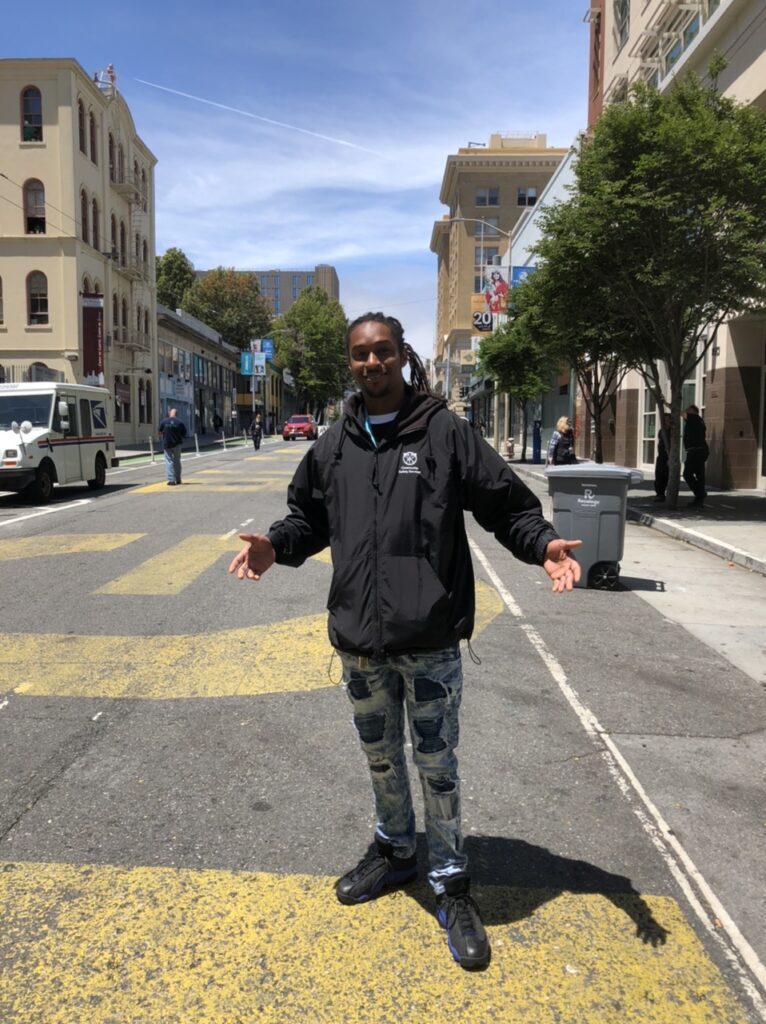
They’re trained in nonviolent intervention procedures by certified de-escalation instructors. They undergo Red Cross training, emotional intelligence training and CPR and Narcan administration training. Every team member carries Narcan in case they’re suddenly tasked with saving a life.
Many of these safety professionals are in recovery or formerly incarcerated. Some are former clients of St. Anthony’s, like Danny Green for example, who’s completed the Father Alfred Center recovery program and now works as a Community Safety Service team member. He can spot potential perils and offer a level of empathy that few others can. “I have a real good job,” says Danny, who’s been working here for over four months. He says he finds meaning in connecting with others and in offering resources to those struggling with addiction. “I still got work I gotta do to maintain sobriety, but I got a little bit of time to help people.”
Some of Omari’s family members have lived on the streets and struggled with substance abuse, which helps him connect with many people he meets. “I kind of feel where they’re coming from. I feel like I’m just right there with them.” The key is trying to understand everyone’s situation, he says. “You’re working, you might have just got an injury and you start using the [opiate] prescription,” then getting hooked.
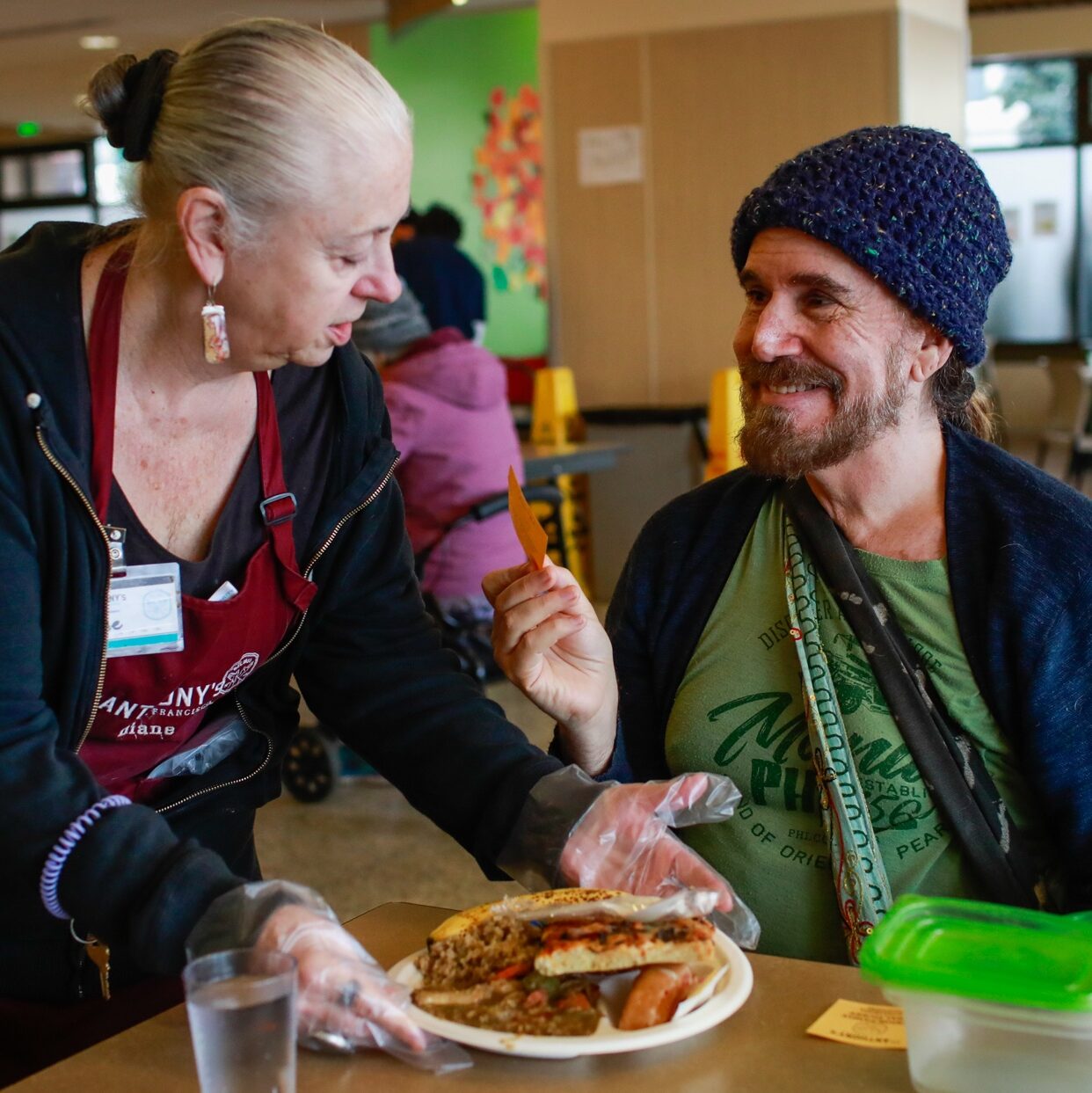
“Most people just need somebody to talk to most of the time. So I talk to them, ‘Hey, how you doing?’ There’s so much back trauma that you don’t even know what they’re going through. I just try to reach anyone I can. No shoes? No shirt? It doesn’t matter. I’ll talk to anyone. You don’t have your EBT? Here’s a couple of bucks.”
If someone seems hungry, he’ll send them to get lunch at St. Anthony’s Dining Room. If someone asks where they can wash their clothes, Omari will direct them to St. Anthony’s Hygiene Hub.
“Everyone has some back issues,” says Omari. “I just try to give them a little resources. If you communicate with them and treat them as human as you should, they’re actually pretty cool. But a lot of people don’t understand. I’ll take your hand, I’ll give you a hug. Hey, it’s okay. And they say, thank you, man.”






